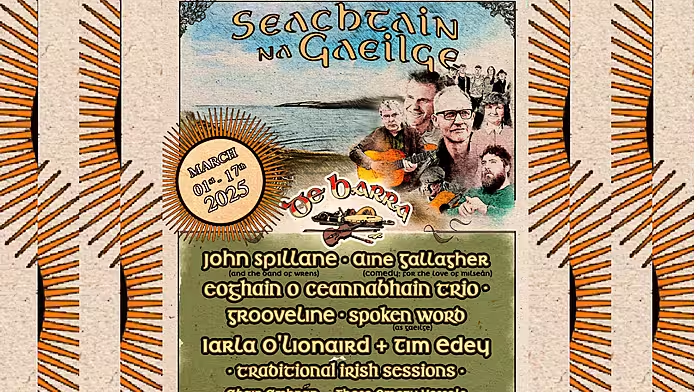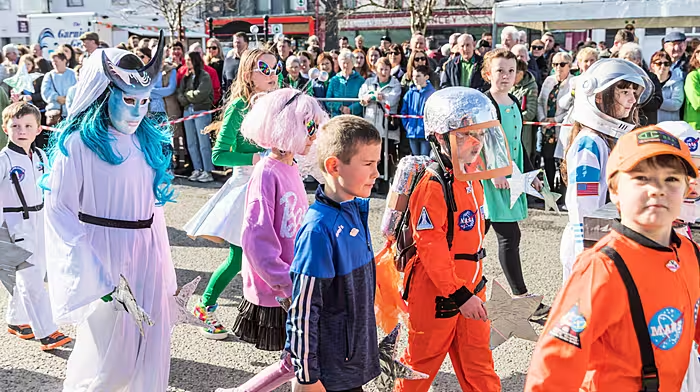HERE was a time when watching the Eurovision Song Contest was a good way to get some reprieve from the turbulence and tension in the outside world.
Watching the fun and glamour on the extravagant and colourful stages across Europe was a great way of ‘switching off’ from the often troubling news of the day.
Not so any more, it seems.
Despite all the efforts to the contrary, last Saturday night became all about the bad things in world right now, namely – international politics.
The organisers had opted to allow Israel perform, despite protests throughout the continent and beyond, and had nobody to blame but themselves, when they found they had to attempt to dull the loud booing in the auditorium in Malmö as Eden Golan took the stage.
With Russia already banned from entering, the decision not to follow suit with Israel seemed ill-judged to most rational thinkers.
What ensued was an evening of wonderful displays of talent, song, dance, and exquisite drama – the latter being provided by our very own Bambie Thug.
But all of that was against a backdrop of anger and resentment at the organisers and their lack of communicating effectively with participants seeking clarification on certain issues.
It is such a pity that the event was marred by an overlap of politics into what should be simply about entertainment.
It could have been so easily avoided if the rules were enforced unilaterally and all nations treated equally.
After all, equality and diversity is what Eurovision is all about. Embracing the differences across the various competing nations and allowing the viewer to get a glimpse of different cultures and styles of performance is the very essence of the Eurovision spectacle.
Its message was always one of unity and togetherness and it was so sad this year to see those principles hijacked by ‘bad actors’ in the arena.
But if we are to find the positive in the experience, then it was surely the recognition that the most diverse and experimental acts were among the most popular.
France’s simple love song, with very little embellishment, proved that you still do not have to come swinging bells and whistles to attract attention. But it was fairly unique in that sense. Meanwhile, the delightful non-binary artist Nemo was a runaway success for Switzerland with their balance-defying and mesmerising rendition of the catchy song The Code.
And Macroom’s finest, Bambie Thug, happily waved the flag for the cleverly-titled ‘Ouija Pop’ genre and a performance that did Ireland proud.
They were also among the few contestants to garner strong support from both the judges’ and public votes, but unfortunately it wasn’t enough to challenge the resounding popularity of Switzerland’s Nemo.
Their outspoken reaction, after the show ended, to the organiser’s poor response to complaints about other broadcasters and the treatment of some contestants was exactly what we would expect from a flamboyant stage artist from the ‘rebel’ county
But before next year’s planning begins for the show in Switzerland, the organisers will need to sit down and ask themselves some hard questions about why they allowed politics to play such a major role in a competition that has always prided itself on being a unifying and non-partisan evening of entertainment.
Otherwise the Eurovision as we once knew it – a hugely engaging but largely harmless event – may cease to exist.








